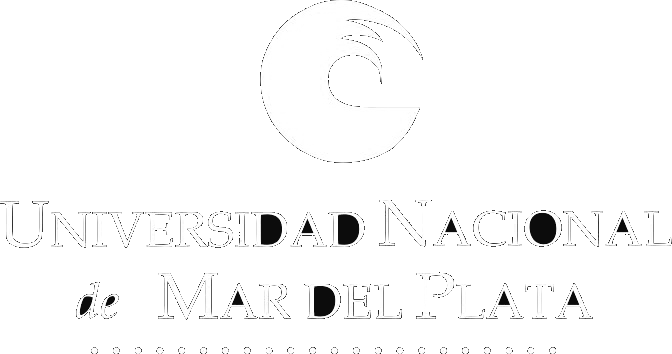(COL)LATERAL DAMAGES: LITERATURE AS A SPEECH ACT?
Abstract
As Juan Carlos Rodríguez points out in his most recent book (Para una teoría de la literatura (40 años de historia), Marcial Pons, Madrid-Barcelona- Buenos Aires-São Paulo, 443 págs.) dominant ideology secretes the notion of ‘object of study’ as having a series of sides, that is, those structuring the autonomous reality of the object, and thus the subject’s need to consider it from multiple perspectives. This single, overarching epistemology is, of course, rooted in the positivist/phenomenological problematic. And so is our present attempt to give an account of the historicity of both the debate and its object - namely, the fact that the subjective/ objective logic is indeed secreted from a historical conjuncture (the 19th and 20th century) in which the literal (i.e. non-allegorical) reading of the world has been finally established. Indeed, this unconscious (and radically new) logic appears within the ‘first bourgeois social formations’ of the 14th and 15th centuries. In this sense, the meaning of terms like those of ‘secularization’ and ‘laicism’ needs clarification, for what the latter is really transcribing is the need to suture the new secular contradiction: the transcendental/empirical dialectic - a normativity which is all-pervasive in the contemporary arts, where it secretes its own sanctioning notion: the idea of ‘authenticity’. Therefore, forcing ‘speech act’ theory (Austin and Searle) into describing/explaining the literary phenomena is just another attempt at giving an empirical account of that which in the secular world is experienced as the most transcendental -and supposedly free- mode of expression.
Keywords
Full Text:
PDF (Español (España))References
Alvar, Javier. Ed. Diccionario Espasa. Historia de España y America. Madrid: Espasa Calpe, 2002.
Austin, John L. How to do things with words. Oxford: Clarendon Press, 1962.
Baumgarten et. al. Eds. Subjectivity in Language and in Discourse. Emerald: Bingley, 2012.
Chomsky, N. “Language and Responsibility” Pantheon. Web. 15-3-2016
Chroust, Anton-Hermann. “A Contribution to the Medieval Discussion: Utrum Aristoteles Sit Salvatus” Journal of the History of Ideas, 6, 2, (1945):
-238. University of Pennsylvania Press. Web 10-4-2015
Fry, Northrop. The Secular Scripture and Other Writings on Critical Theory 1976–1991, Vol. 18, Eds. Joseph Adamson and Jean Wilson. Toronto: University of Toronto Press, 2006.
Fry, Paul. Theory of Literature (The Open Yale Courses Series). New Haven: Yale University Press, 2012.
Gutwirth, Eleazar. “History, Language, and the Sciences in Medieval Spain.” Science in Medieval Jewish Cultures, ed. Gad Freudenthal, 511–28. Cambridge: Cambridge University Press, 2011.
Hofmann, Michael. “Vermicular Dither”, London Review of Books, 32, 2. 28 January (2010): 9-12.
Lázaro Carreter, Fernando. Estudios de poética: la obra en sí. Madrid: Taurus, 1976.
---. Estilo barroco y personalidad creadora. Madrid: Cátedra, 1992.
---. Estudios de lingüística. Barcelona: Crítica, 2000.
Lewis, C.S. The Allegory of Love. Oxford: Oxford University Press, 1951.
Miller, Steven. Ed. The Constitution of the Phenomenal Consciousness. Amsterdam/ Philadelphia: John Benjamins, 2015.
Rodríguez Gómez, J. C. Teoría e historia de la producción ideológica. Las primeras literaturas burguesas. Madrid: Akal, 1990.
---. La Norma literaria. Madrid: Debate, 2001.
---. De qué hablamos cuando hablamos de literatura. Granada: Comares, 2002.
---. “La explotación del yo: Una pesadilla histórica”, Revista Laberinto, 20-01-2005. Web 6-2-2015
---. “Las formaciones ideológicas del Barroco andaluz”, Congreso Internacional Andalucía Barroca: actas, Iglesia de San Juan de Dios de Antequera (Ciencia, filosofía y religiosidad), 17-21 de septiembre de 2007 / Coord. Alfredo J. Morales. Vol. 4, 2008. 161-170.
---. Tras la muerte del aura (En contra y a favor de la Ilustración). Granada: Editorial Universidad de Granada, 2011.
---. “¿The Waste Land?” (Notas sobre la cultura europea de los años 20 y el caso de Stefan Zweig). Álabe 8. Web. 13-4-2015
---. “Sobre el Utrum, el enganche y la mirada alegórica en el pensamiento medieval. (Carta/respuesta a Malcolm K. Read)”. Álabe 9. Web 13-4-2015
---. Para una teoría de la literatura (40 años de historia). Madrid-Barcelona-Buenos Aires-São Paulo: Marcial Pons, 2015.
Jossa, Stefano. The Cambridge Companion to Petrarch. Eds. Russell Ascoli, Albert and Falkeid Unn. Cambridge University Press, 2015. 191-200.
Searle, John Rogers. Speech Acts: An Essay in the Philosophy of Language. Cambridge: Cambridge University Press, 1969.
Scheffler, Israel. Conditions of Knowledge. Chicago: Scott, Foresman and Company, 1965.
Vega Diez, Marta de. Lecturas canónicas adaptadas en la formación literaria en español como lengua extranjera. Análisis de corpus y reflexión didáctica. Tesis doctoral, Universidad Complutense de Madrid, 2013.
Weber, Max. The Protestant Ethic and The Spirit of Capitalism. Sidney: George Allen and Unwin, 1930.
Refbacks
- There are currently no refbacks.









